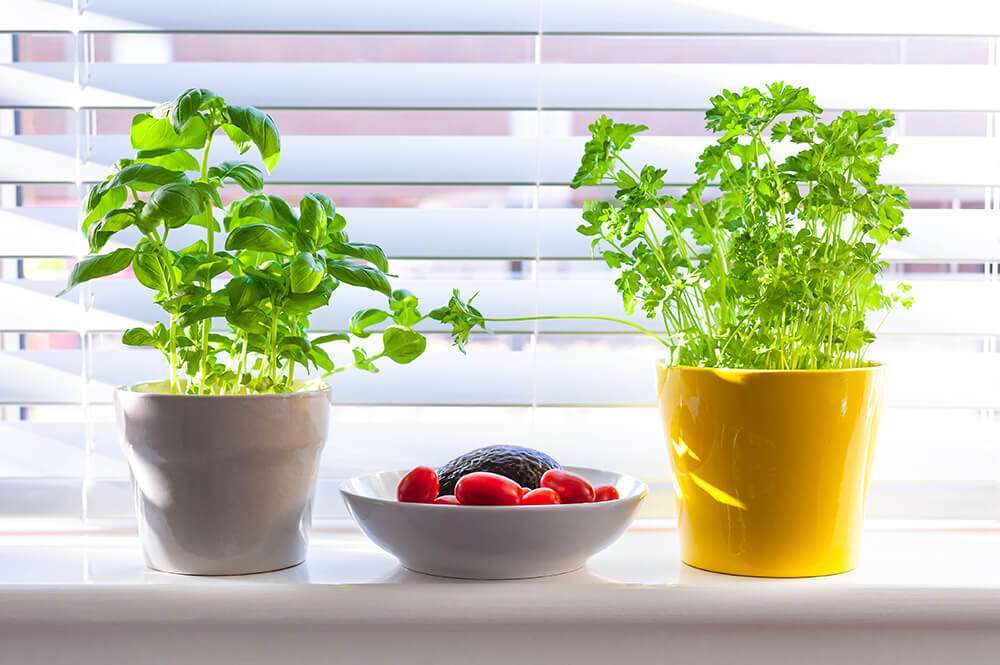
Having culinary plants at home offers many advantages, both practical and personal. These plants are not just for cooking—they also improve the environment, save money, and contribute to a healthier lifestyle.
One of the biggest benefits of having culinary plants is that they provide fresh herbs and spices. Fresh herbs like basil, rosemary, and thyme have stronger flavors than dried ones, making meals taste better. You can pick them directly from your kitchen or balcony whenever you need them, ensuring the best taste and aroma in your dishes.
Another great benefit is cost savings. Buying fresh herbs from the grocery store can be expensive, especially since they often come in large bundles that may go bad before you use them all. When you grow your own herbs, you have a constant supply without the extra cost.
Culinary plants also improve air quality in your home. Plants naturally absorb carbon dioxide and release oxygen, creating a fresher environment. Some herbs, such as mint and lavender, also release pleasant scents that can make your home smell inviting.
Additionally, growing plants at home can be a relaxing and rewarding experience. Gardening, even on a small scale, has been shown to reduce stress and improve mental well-being. Taking care of culinary plants gives you a sense of responsibility and accomplishment. Watching them grow and using them in your meals can bring great satisfaction.
Finally, having culinary plants encourages a healthier diet. When fresh herbs are readily available, you may be more likely to cook at home instead of eating processed foods. Many herbs, such as parsley and oregano, contain vitamins and antioxidants that are beneficial to health.
In summary, growing culinary plants at home is a smart choice that enhances your cooking, saves money, improves your home environment, and supports a healthier lifestyle
